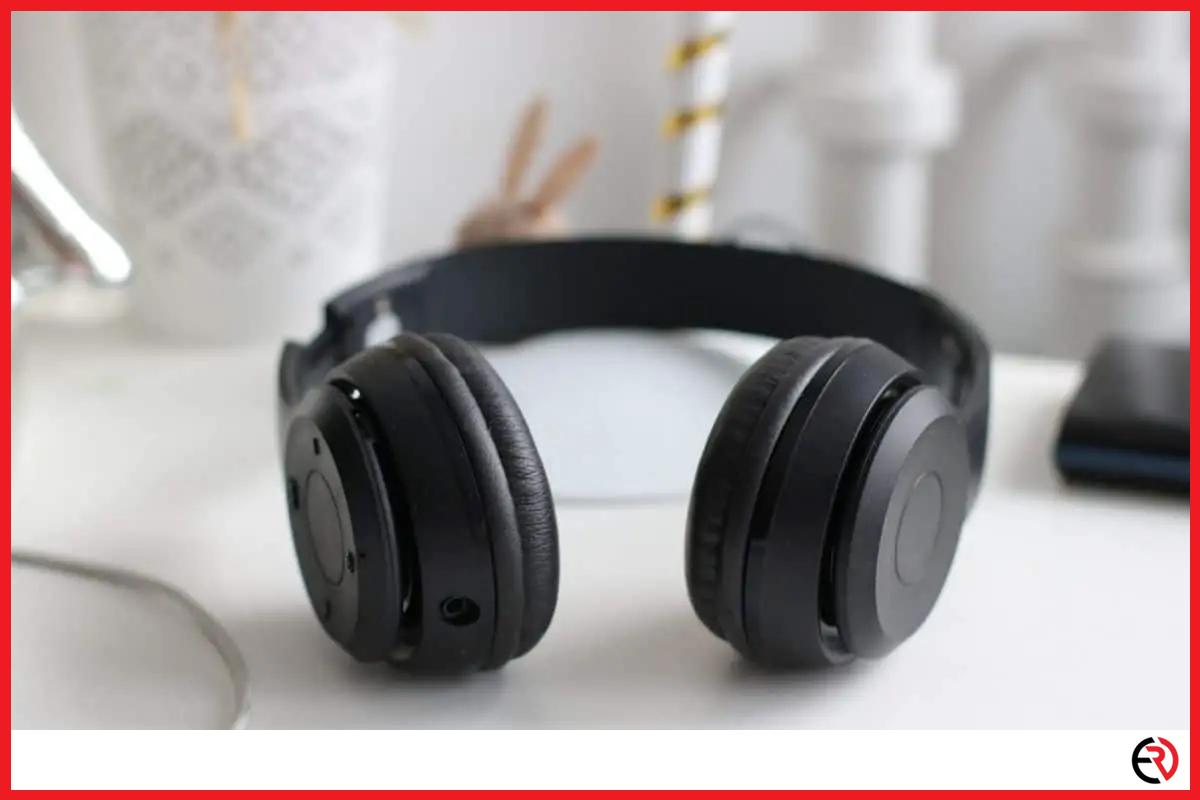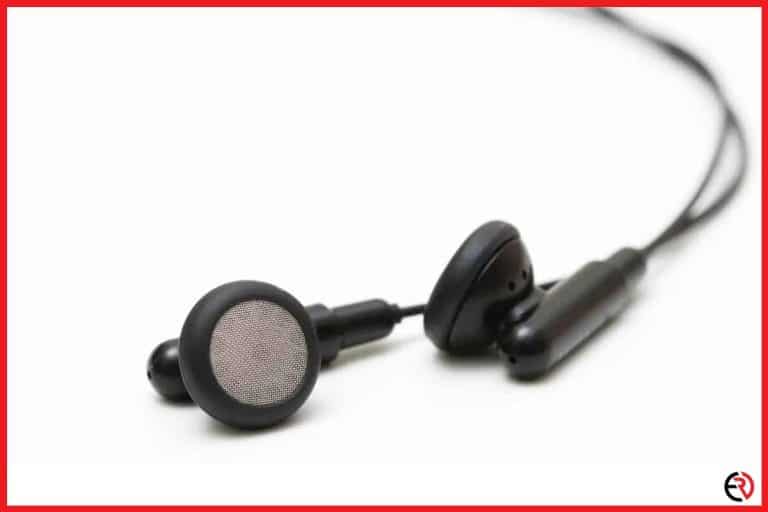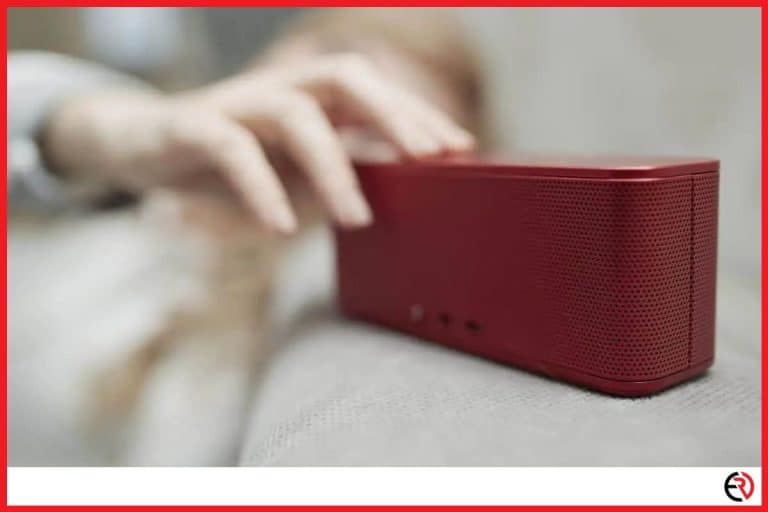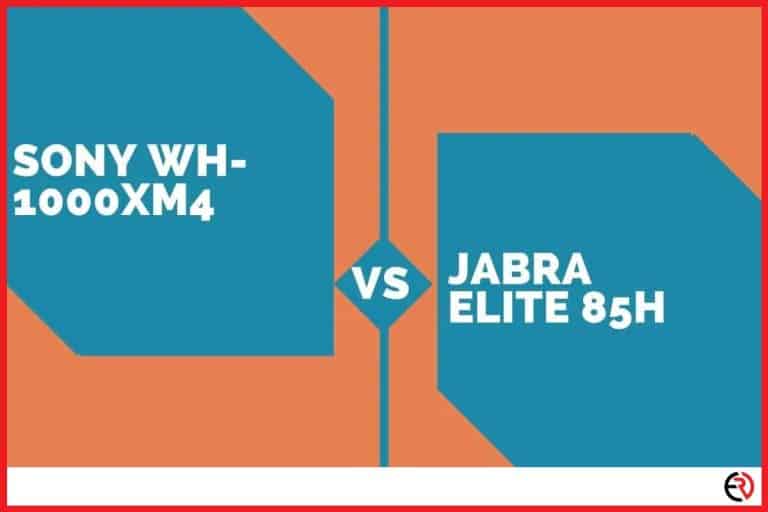Do wireless headphones have worse sound quality?
This post may contain affiliate links which means that, if you choose to make a purchase, I may earn a small commission at no extra cost to you.
People measure the sound quality of headphones based on accuracy and how they enjoy it. You can measure the accuracy of headphones’ sound quality using different tools. On the other hand, the level of enjoying the quality of sound quality is completely subjective.
The quality of sound depends on the individual preference of each person. When it comes to the sound quality of headphones, many people like strong and deep bass. However, others also prefer a natural and accurate sound.
There are different types of headphones and each model or type has unique sound quality. What about wireless headphones? Do they have worse sound quality?
Generally, wireless headphones have low-quality sound compared to “wired headphones” because they run off batteries. Batteries are not good at outputting large transients of currents, which affect the low-end frequency response and sound dynamics. Also, wireless headphones use low-quality audio compression, which reduces the bandwidth requirements – thus affecting the overall quality of sound.
Wireless headphones are – in general – compatible with any electronic device, which comes with Bluetooth technology. Read on!
Why do Headphones with cable have better sound?
Our extensive research tells us that headphones with cable produce better sound quality over wireless headphones. We have tested both wired and wireless headphones. We found that all tested Bluetooth Codec had issues with audio streaming quality. On the other hand, headphones with cable delivered perfect audio signals consistently.
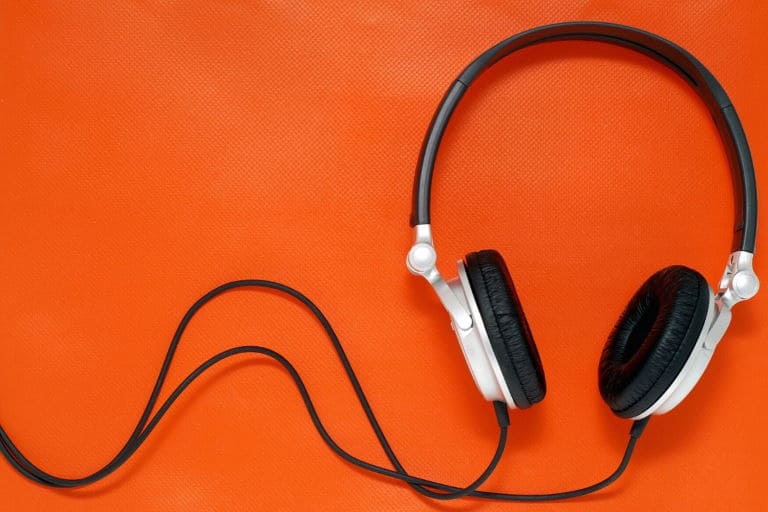
Headphones with cable usually minimize the risk of interference, which otherwise can affect the quality of sound. These headphones offer high-definition sound quality and ensure your favorite music will sound great any time you opt to listen to music on your headphones.
Headphones with cable can manage up to 2,304 kbps as compared to wireless headphones – which in general – can support a maximum of 768 kbps. Research shows that the quality of sound mainly depends on the output ratio as well as the device your headphones are sending signals through.
Technically speaking, headphones with cable support a better quality of sound than Bluetooth. However, most audio files are 256 kbps only. The highest bitrate files are something between 320 kbps and 520 kbps. The primary difference in the quality of sound – on both wireless and wired headphones – depends on brand quality. Many manufacturers design headphones with different EQ levels.
Headphones with cable have higher kbps, which means better sound quality. This is the same for all streaming music and formats. Moreover, most headphones are designed to fit the human hearing bandwidth, which is between 20 Hz and 20 kHz. It is important to differentiate between low, middle, and high frequency so that you understand their relationship with the quality of sound.
Impedance is a technical measurement. Both wireless and wired headphones use different levels of impedance. Most wired headphones require little power to produce high-quality audio levels. For example, a headphone with a cable of 25 ohms can produce high-quality sound compared to wireless headphones of the same impedance level. Signals traveling thought the cable don’t face obstacles or hindrances like wireless signals.
Does Bluetooth affect sound quality?
When you use Bluetooth headphones, the audio or sound played on the device must be encoded by the device and decoded headphones. In the process of audio transfer, there occur compression of sound, which leads to loss of sound quality.
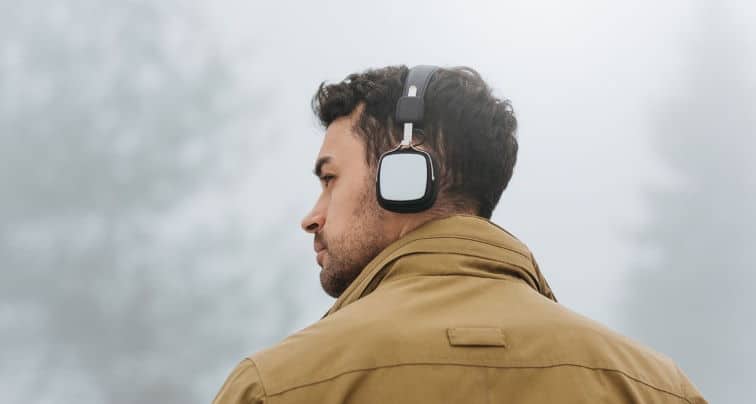
It does not matter what type of codec the manufacturer of the headphone uses, Bluetooth connection can affect the quality of sound because of its limited bandwidth.
However, the APTX codec can deal with sound compression in a better way than other types of codecs. The APTX codec is capable of producing better sound quality over a wireless connection.
Bluetooth connections are usually designed to receive sound over a narrow bandwidth, which leads to compression of audio. The compression is fine for the production of sound during calls and video calls – nonetheless, it is not great for audio entertainment.
According to Life Wire, sound compression on wireless or Bluetooth devices is not going anywhere – because it can be improved. Companies are working to improve the Bluetooth technology. When you listen to music online, the quality of sound can even get worse. The reason is that streaming in itself compresses the audio more.
If you are listening to an audio file or music on your smartphone using the best streaming services or apps, it is important to know that the sound will be compressed twice – i.e. due to the Bluetooth connection and over the internet.
The inconvenience and difficulty of having another audio device to chance is the primary reason why many people choose wired headphones over Bluetooth headphones. However, this is reasonable – even from a sound quality standpoint.
In general, Bluetooth headphones produce low sound quality when they are low on battery. Some Bluetooth headphones have ANC “Active Noise Cancellation” feature, which produces even lower sound or audio quality as this feature uses batter power to create external noise and anti-waves – leaving insufficient power levels for high-quality audio production.
For many people, Bluetooth headphones are at the unmatched level of convenience and reliability than wired headphones. However, there is a reduction in sound quality due to compression when using Bluetooth headphones – but for the most part of it, many people say that the effect is almost negligible and goes unnoticed in most environments such as listening to audio or music in the streets, gardens, car parks, gyms, etc.
The sound produced by Bluetooth and wired headphones might sound exactly the same to you and sometimes, it is hard to differentiate the quality – especially, when you play the music in mp3 format. However, Bluetooth headphones are still believed to produce low-quality sound. Audio formats like FLAC, WAV, and ALAC can help you differentiate the quality of sound in a better way. You can also improve sound quality on Bluetooth Headphones:
Can wireless headphones sound as good as wired?
The general answer to this question is “No.” However, there are many wireless or Bluetooth headphones, which can replicate the sound quality of wired headphones. In many situations, wireless headphones use 2.4 GHz Bluetooth technology, which can make it troublesome for these headphones to match the high-quality sound of wired headphones. Each step in the sound chain affects the output of audio. Wireless and codecs standards must work with hardware, which may be engineered to deliver better-quality output.
When it comes to choosing between wireless and wired headphones, it depends entirely on your personal choice. If you want convenience while listening to your favorite music, then we recommend you to choose a wireless headphone. With regards to the sound quality, it is best to choose the wired headphone. However, you must also take into consideration the brand or the company that manufactures the headphones.
There are many brands of wired headphones, which integrate high-quality and cutting-edge technology to produce better sound. Therefore, it would be wise to try the model first before you make your buying decision. This way, you would avoid frustration or any hassles associated with the purchasing process. Again, the sound quality of wireless or wired headphones depends on the brand you want to buy. Typically, wired headphones with high-quality sound have higher prices, but you must know that they are worth your investment.
Do impedance and sensitivity affect sound quality?
Headphones are available with both low or high impedance. The typical measurement is at 1 kHz. Likewise, low impedance headphones are between the range of 16 and 32 ohms whereas headphones with high-impedance are between 100 and 600 ohms. As the impedance of the headphones increases, the set would require more voltage for driving itself. In contrast, the loudness of the wired or wireless headphones for a given voltage reduces.
In recent years, new models of headphones have decreased impedance levels to accommodate lower voltages on battery-powered portable electronics – resulting in headphones, which can produce high-quality sound on battery-powered devices. Headphones with over 25 ohms require more power to deliver higher audio levels. Consequently, they are protected from damages caused by overloading. In contrast, headphones with low impedance can easily blow out if they are using powerful amplifiers.
Moreover, sensitivity has nothing to with the quality of sound, but it is all about the volume of the audio on the amplifier to make your headphones work their best. So, sensitivity – in general – refers to a measure of how high or loudly the headphone will play the sound for a given electrical input level. For example, if you have two headphones “X” and “Y” and if the first one has a higher sensitivity than the second one at one milli-watt power level, then the sound it produces will be much louder at that volume. Generally, it can be considered louder.
Conclusion
Both wireless and wired headphones have their own unique characteristics. In this article, we have shown you that wired headphones can produce a better sound quality than wireless headphones. However, it also depends on the headphone brand.
There are many other factors that affect the sound quality of both wired and Bluetooth headphones – discussed in the article. Lastly, you must carefully understand all essential elements discussed in detail in this article to fully grasp the information – in order to make better and informed decisions while choosing a headphone. Good Luck!

